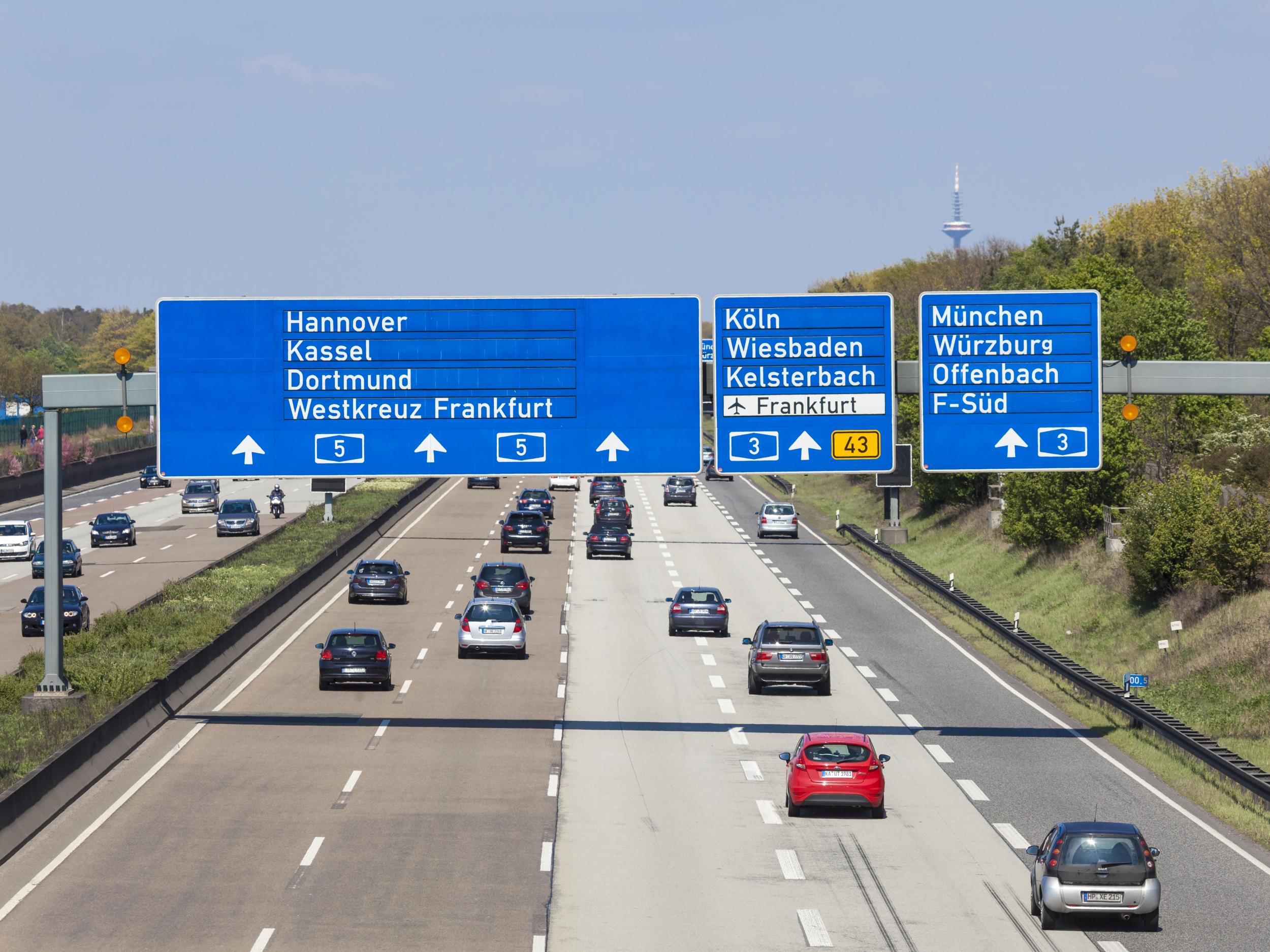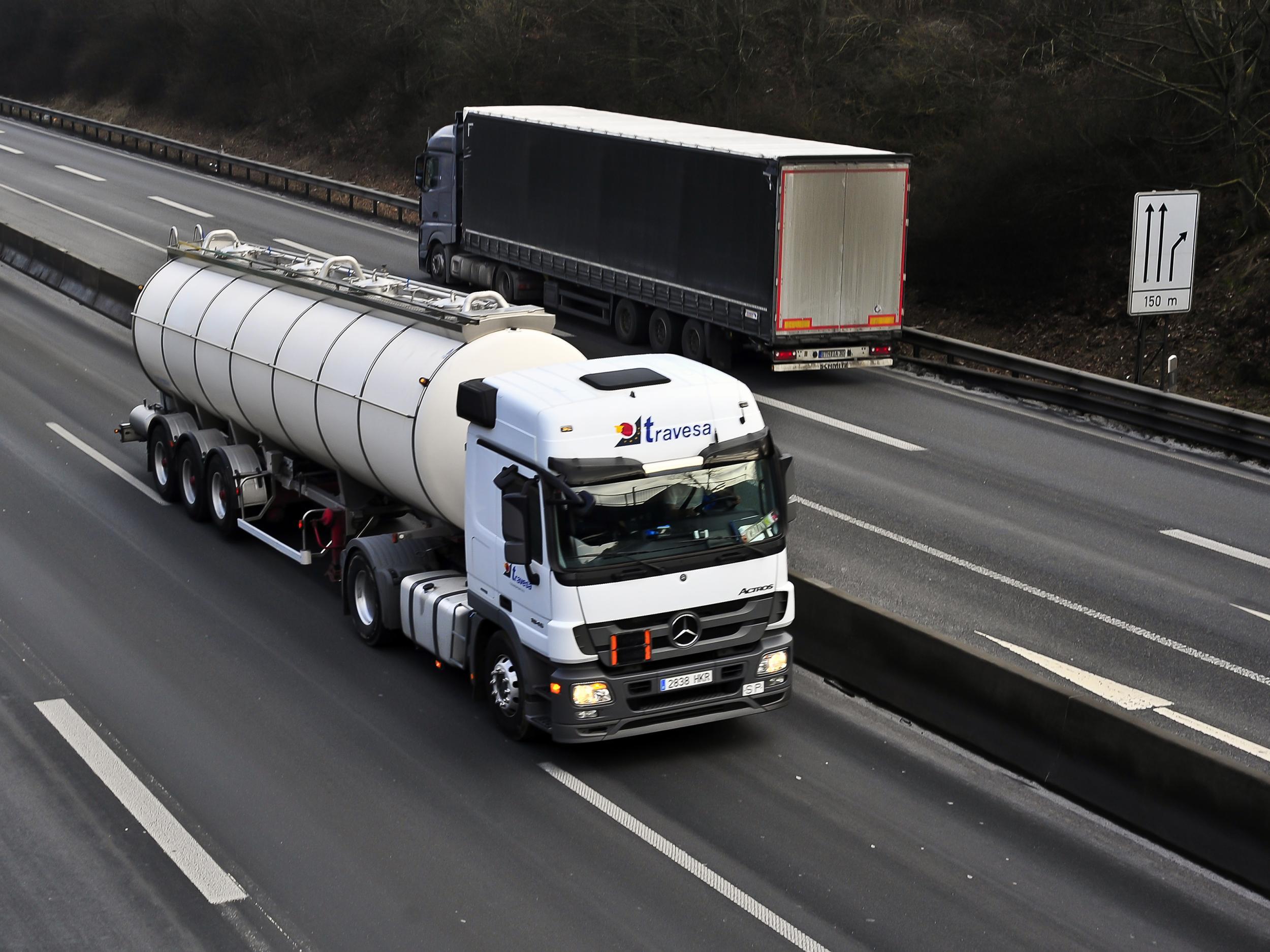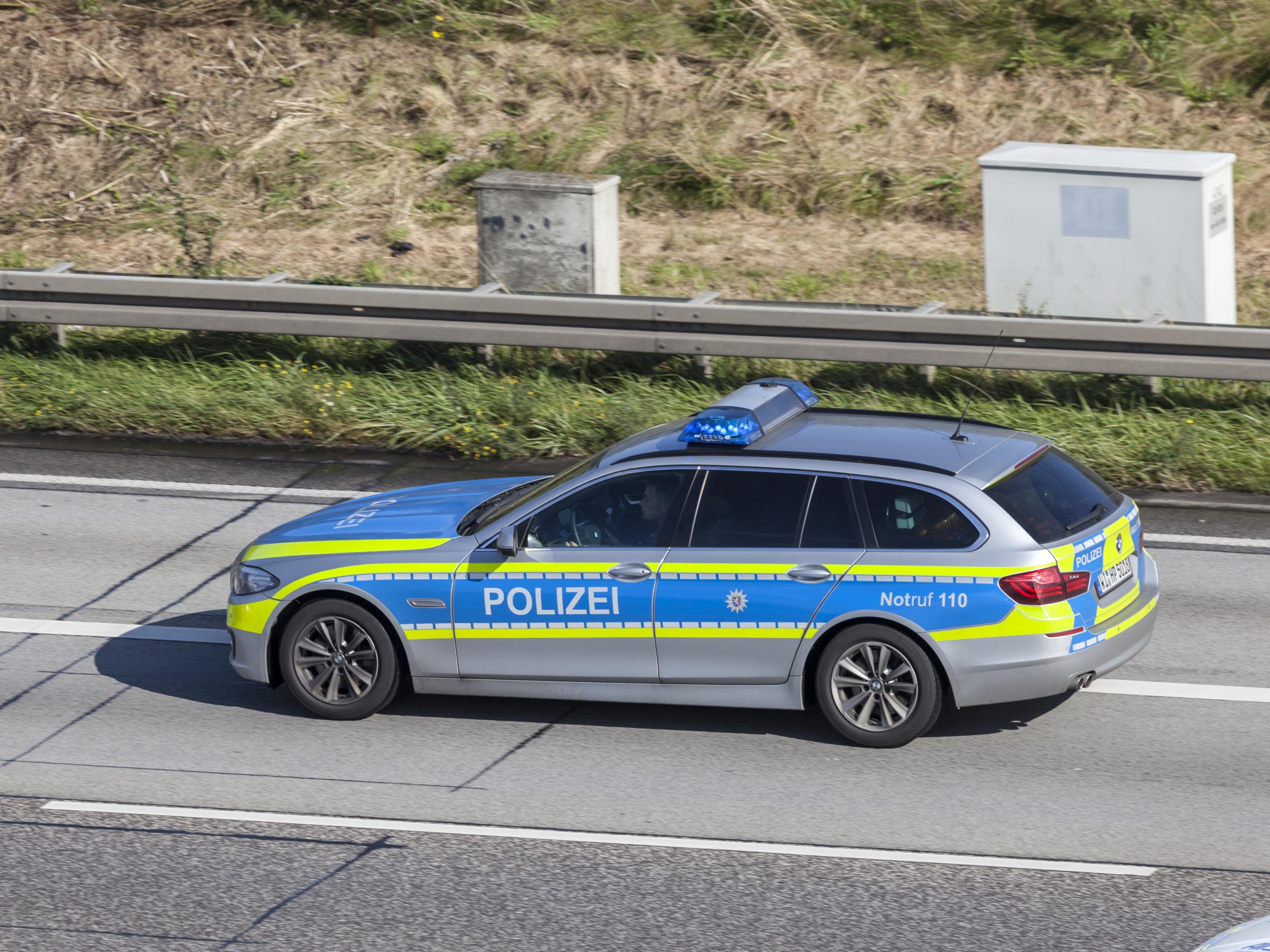Eight reasons that Germany’s Autobahn is so much better than US highways
From unrestricted speed limits to rarely seeing the police, here's why the Western European country's setup is superior

Your support helps us to tell the story
From reproductive rights to climate change to Big Tech, The Independent is on the ground when the story is developing. Whether it's investigating the financials of Elon Musk's pro-Trump PAC or producing our latest documentary, 'The A Word', which shines a light on the American women fighting for reproductive rights, we know how important it is to parse out the facts from the messaging.
At such a critical moment in US history, we need reporters on the ground. Your donation allows us to keep sending journalists to speak to both sides of the story.
The Independent is trusted by Americans across the entire political spectrum. And unlike many other quality news outlets, we choose not to lock Americans out of our reporting and analysis with paywalls. We believe quality journalism should be available to everyone, paid for by those who can afford it.
Your support makes all the difference.Not only does Europe get a bunch of insanely cool cars that America doesn’t, it also has some of the best roads in the world. For travel by car, Germany’s Autobahn system is one of the best highway systems in the world.
Yes, you can drive fast. Like really fast. But there’s a bit more going on than just speed.
These are eight reasons why Germany’s Autobahn highway system is so amazing.
Yes, really: unrestricted speed limits
The one fact everyone knows about the Autobahn is you can drive really fast on it. That’s true, but not for the whole thing. There are unrestricted speed sections of the Autobahn, as well as areas with speed limits. Which is a good thing.
Though the whole Autobahn system isn’t unrestricted, large, primarily rural sections are – enough for you to get from point A to point B way faster than you would in the US.
If you’re going to drive crazy fast, don’t forget to respect the Autobahn for the amazing 7,500 mile highway system that it is. After all, it’s the system that inspired our own – and still trumps ours in many ways.
German drivers are especially good because of a strict licensing test system

To get a license in Germany, you are required to take tons of driving lessons, including several where you’re taken on the actual Autobahn and put into real, high-speed traffic. Drivers must receive basic first aid training and on top of that, you still have an incredibly difficult multiple choice exam and the road test.
All of this can take up to six months to finish up, if it’s all done successfully and it could cost over $2,000 (£1,400).
If you want to drive in Germany you need to be dedicated, which makes for better drivers. And better drivers means fewer accidents, fewer accidents means fewer deaths: Germany has far fewer motor vehicle related fatalities (per 100,000 people) than the US.
The roads are very well maintained
To accommodate higher speed traffic, Autobahn road surfaces are constructed with multiple layers of concrete. Autobahn roads are also inspected regularly for irregularities in the road surface or any damage. If anything is found during these inspections, the whole area of road around the damaged section is replaced.
Passing on the left is strictly enforced
On the Autobahn, like most roads in America, the left lane is strictly the passing lane; for everything else you must keep right. If you’re not passing anyone and you’re just traveling, you have to move your car over to the right.
The main difference between the two countries is that in Germany, motorists actually respect this rule. In America, it rarely happens. Because Germans pay such close attention to this rule, traffic is able to flow much more freely on their highways.
Cars in Germany are required to have regular, thorough inspections to make sure they’re safe for road use
These inspections help limit the number of potentially dangerous cars that endanger their own occupants and other motorists. Inspections in some states in America are a complete joke compared to what German cars go through. Germany maintains a countrywide standard, whereas US inspections are handled on a state-by-state basis.
The police are rarely seen

When some folks see police cars, they get nervous – even if they’re not doing anything illegal. Thankfully that’s something you rarely have to worry about while on the Autobahn.
It’s rare to see German police (polizei) on the Autobahn. And if you do see them, you likely don’t have much to worry about. Unless you’re tailgating or speeding in a speed-limited area or doing something else illegal. Stop doing that.
Tailgating is heavily regulated
There aren’t too many police on German roads, yes, but if caught tailgating you’re in for a hefty fine. Worst case scenario: you could be stuck with a $450 ticket. In America, you’d be lucky if a state trooper even bat an eye.
Though it’s difficult to connect tailgating directly to the cause of rear-end collisions, when you tailgate, you have less time to react to abrupt situations that could happen in front of you. In 2015, the National Transportation Safety Board reported that rear-end collisions kill about 1,700 people every year and leave around 500,000 people injured. Props to Germany for actually enforcing an important law.
Ride free: there are no tolls
Currently, the only vehicles that have to pay up are trucks. This isn’t just great because you don’t have to shell out cash, but because it means no intermittent stops along the way. There has been talk of implementing tolls on the Autobahn for some cars, but it hasn’t happened just yet. Better take advantage while you can.
Read more:
• May tackles new Brexit Rebellion
• Philip Hammond and Mark Carney are in China to secure £1 billion of trade deals
• Facebook admits that social media can be bad for you
Read the original article on Business Insider UK. © 2018. Follow Business Insider UK on Twitter.
Join our commenting forum
Join thought-provoking conversations, follow other Independent readers and see their replies
Comments